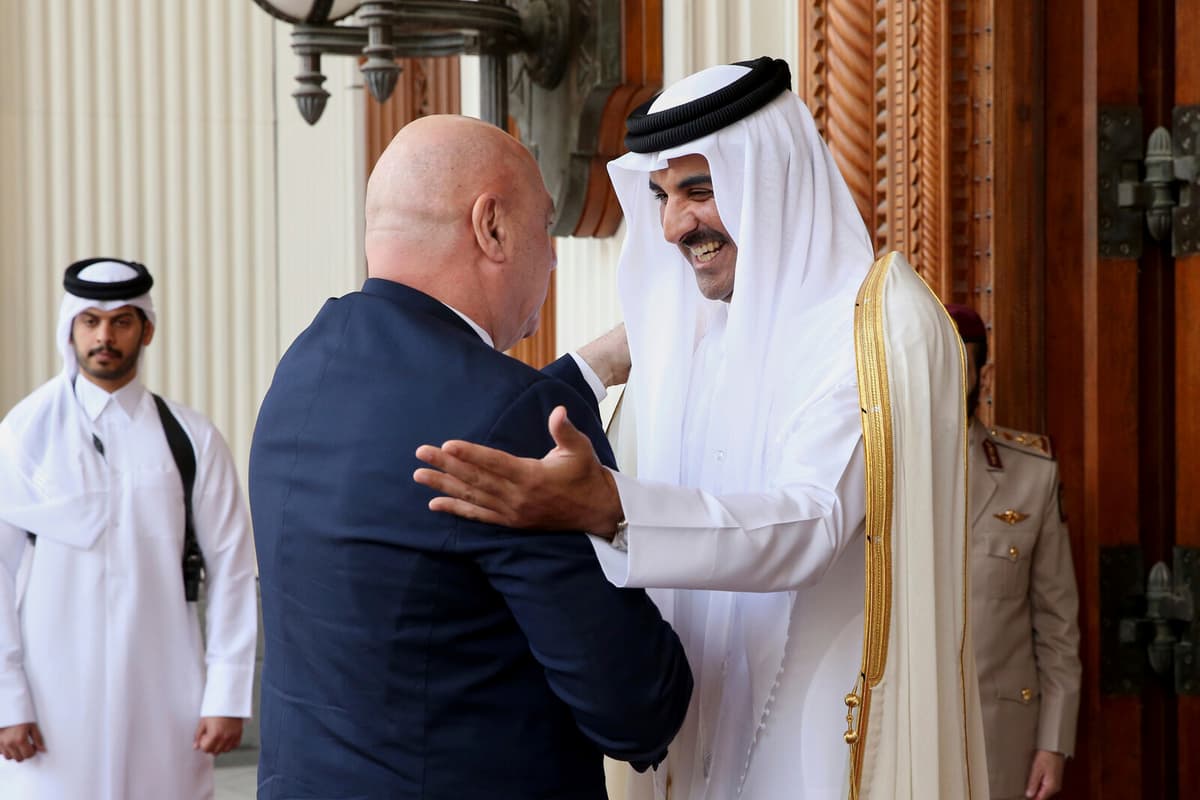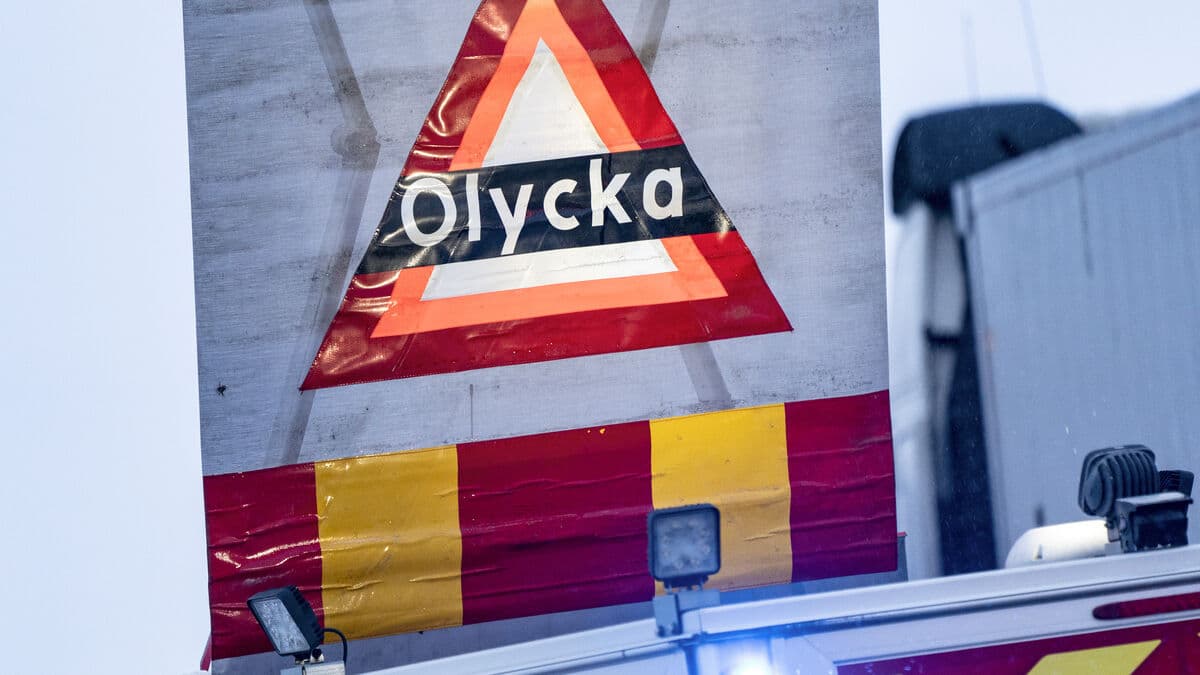The fact that the American-Israeli soldier Edan Alexander was released by Hamas on Monday is a turning point in the Gaza war. It is the first tangible outcome of the mediating country Qatar holding direct talks between the US and the terrorist-stamped Palestinian group since a month ago.
We said we believe this moment can create momentum for new talks, and thank goodness we were right, says Majed al-Ansari, spokesperson for Qatar's Foreign Ministry.
"Day and night"
He is referring to Israel announcing, in connection with the release, that a delegation will be sent to Qatar's capital Doha to resume talks, after Israel ended the ceasefire in mid-March.
Since then, we have worked day and night, says Majed al-Ansari, referring to the Qatari mediators.
His Highness the Emir is informed continuously and intervenes in the process when necessary, and the whole team has worked around the clock in the hope of achieving a ceasefire.
Majed al-Ansari sounds cautiously optimistic as he looks out over a wintry Stockholm.
Besides political rhetoric back and forth, we believe there is a chance if there is political will.
The question is how much is rhetoric when both sides are accused of sabotaging peace prospects. Lately, Israel's Prime Minister Benjamin Netanyahu has made uncompromising statements, even towards the mediators. Last week, he demanded on X that Qatar choose sides, between "civilization" and "Hamas barbarism".
"Running out of rope"
And even this week, Netanyahu reiterated that the goal is to crush Hamas.
There is no situation where we stop fighting. There can be a temporary ceasefire, but we are running out of rope, he is reported to have said on Monday.
Majed al-Ansari points out that it was Israel's politicians who decided to break the ceasefire. But also emphasizes:
It doesn't help if we point fingers.
We hope that, by continuing to work with the US, we can pressure both sides to come to the table.
I think it's very clear that it's not about the situation "on the ground".
It's political decisions.
Doing it again?
In the case of Ukraine, Donald Trump has opened up to joining the talks to get a peace deal. Can one expect something similar in the Middle East when the US President visits Saudi Arabia, Qatar, and the United Arab Emirates this week?
Majed al-Ansari doesn't want to take anything for granted, but notes that the previous ceasefire came about after hard pressure from Trump when he took office in January.
We hope he can do it again when he comes to the region, and can take Edan Alexander with him back to the US.






